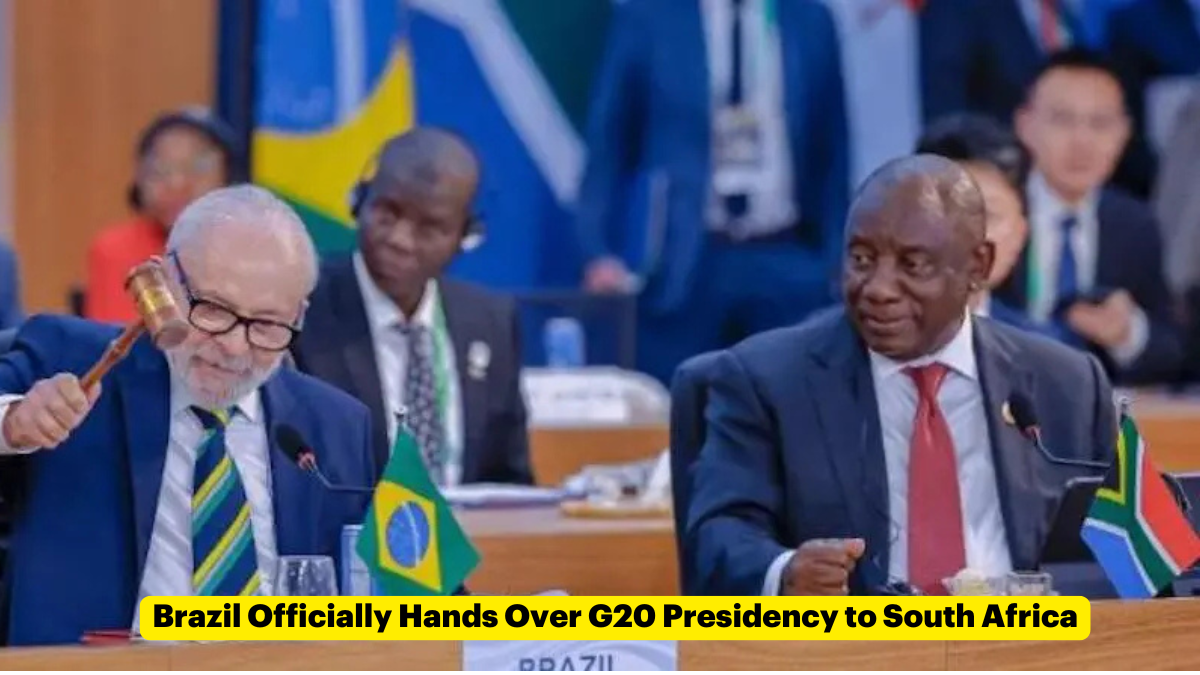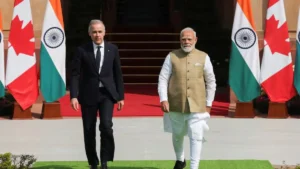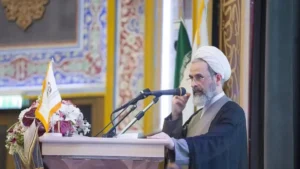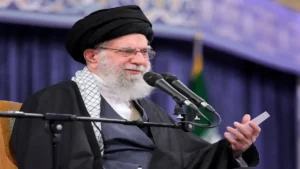Brazil officially transferred the Group of 20 (G20) Presidency to South Africa during the closing ceremony of the annual G20 summit in Rio de Janeiro, Brazil. This marks a historic milestone as South Africa becomes the first African nation to lead the G20, with a robust agenda planned for its presidency.
The Historic Handover
The ceremonial transfer of the presidency took place in the presence of Brazilian President Luiz Inácio Lula da Silva and South African President Cyril Ramaphosa. The event symbolized the handover through the striking of the ceremonial gavel and a handshake between the two leaders.
President Ramaphosa expressed his gratitude on behalf of South Africa, stating,
“It is an honour to accept, on behalf of the people of South Africa, the responsibility of the Presidency of the G20 for the next year.”
He also extended congratulations to President Lula for a successful presidency that focused on inclusivity, especially by involving social and civil society groups through the first-ever G20 Social Summit.
South Africa’s Vision for G20 Presidency
President Cyril Ramaphosa outlined a bold and inclusive vision for South Africa’s presidency under the theme “Solidarity, Equality, and Sustainability”. This theme reflects the priorities of promoting inclusive development, addressing inequality, and fostering collective action on pressing global issues.
Core Objectives of South Africa’s Presidency
- Achieving Sustainable Development Goals (SDGs): President Ramaphosa emphasized the importance of accelerating efforts to achieve the UN’s Sustainable Development Goals by 2030. He stated that these goals must remain a priority not only for South Africa but also for the next five G20 presidencies.
- Addressing Inequality: The President pledged to tackle global inequality, which he called a “major threat to economic growth and stability”. He emphasized disparities in wealth, access to sustainable financing, and capacity building for climate action as critical areas for G20 focus.
- Advancing the Development Agenda: South Africa plans to prioritize issues such as industrialization, inclusive economic growth, employment generation, and food security, particularly for the African continent and the Global South.
South Africa’s Commitment to Global Challenges
President Ramaphosa highlighted several urgent global challenges that will define South Africa’s presidency:
Global Solidarity
- The President reiterated the need for global solidarity in regions experiencing crisis, citing Gaza, Sudan, and Ukraine as areas requiring immediate international support.
- He also committed to addressing the concerns of nations most vulnerable to pandemics and public health crises, particularly Africa, which is currently dealing with mpox outbreaks.
Sustainable Development and Climate Action
- Ramaphosa stressed the importance of predictable financing and capacity-building initiatives to combat climate change effectively.
- He pledged to use South Africa’s presidency to champion equitable climate action while addressing the unique challenges faced by developing nations.
Strengthening Global Partnerships
South Africa’s presidency aims to foster stronger partnerships within the G20 and beyond. The President emphasized inclusivity, stating:
“We must all stand in solidarity with those who are facing hardship and suffering.”
Achievements of Brazil’s G20 Presidency
President Ramaphosa praised the efforts of Brazil’s G20 Presidency, particularly its focus on the development agenda for emerging economies. He acknowledged the efforts of Brazilian leadership in finalizing the Rio de Janeiro Leaders’ Declaration, which provides a roadmap for collaborative global action.
Ramaphosa also commended Brazil’s initiatives in involving civil society organizations to bridge the gap between G20 leaders and the people affected by their policies. He committed to continuing this inclusive approach throughout South Africa’s presidency.
Looking Ahead to South Africa’s Leadership
With approximately 130 meetings planned for 2025, South Africa’s presidency will focus on several critical areas:
- Economic Growth: Promoting inclusive and sustainable global economic development.
- Industrialization: Strengthening industrial capacity across the African continent.
- Employment: Creating job opportunities to reduce unemployment rates.
- Food Security: Ensuring access to adequate nutrition for vulnerable populations.
South Africa also intends to use its presidency to firmly establish Africa’s development priorities on the G20 agenda, ensuring that the voices of the Global South are heard and acted upon.
A Call for Collective Action
President Ramaphosa concluded by expressing optimism about South Africa’s leadership in the G20. He reaffirmed the country’s commitment to fostering global solidarity and ensuring no one is left behind. He extended an invitation to all G20 members and guests, stating:
“South Africa looks forward to working with all G20 members and invited guests, and I am honoured to welcome you all to South Africa in the year ahead.”
Key Highlights of South Africa’s G20 Presidency
- Theme: “Solidarity, Equality, and Sustainability.”
- Focus Areas: SDGs, global inequality, inclusive economic growth, and climate action.
- Significance: First African country to preside over the G20.
- Goals: Strengthening partnerships, promoting African development priorities, and fostering global unity.
South Africa’s G20 presidency promises to build on the successes of Brazil while addressing the unique challenges faced by developing nations, charting a path toward a more equitable and sustainable global future.



 India, Canada Announce Strategic Energy ...
India, Canada Announce Strategic Energy ...
 Iran Names Ayatollah Alireza Arafi as Te...
Iran Names Ayatollah Alireza Arafi as Te...
 Iran’s Supreme Leader Ayatollah Ali Kham...
Iran’s Supreme Leader Ayatollah Ali Kham...








